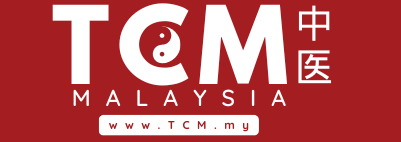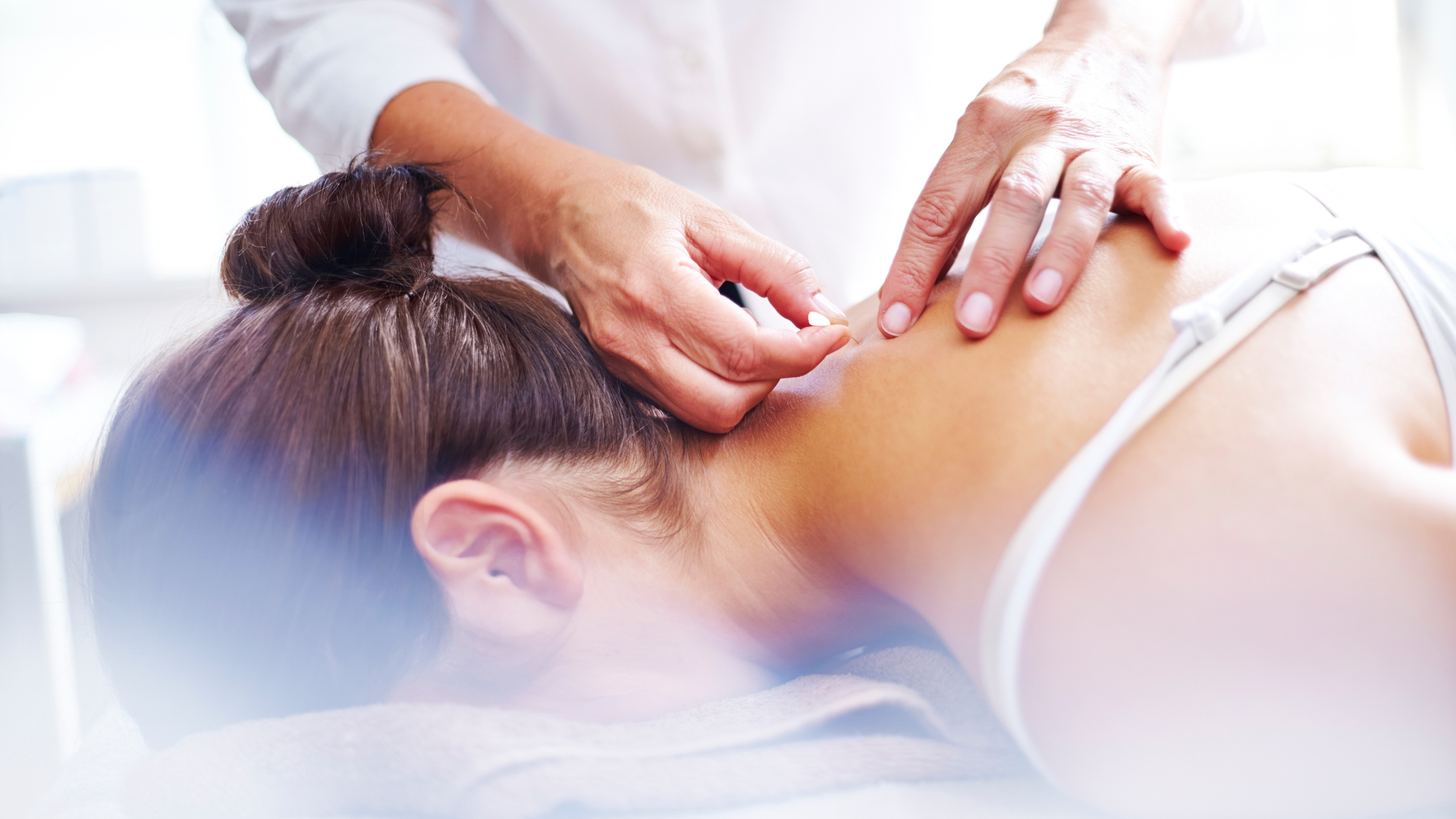What is Acupotomy (针刀)?
Acupotomy, also known as “needle-knife therapy” (针刀疗法), is a minimally invasive treatment in Traditional Chinese Medicine (TCM) that combines acupuncture and micro-surgical techniques. It was developed in the 1970s by Dr. Zhu Han Zhang (朱汉章) as an advanced approach to treating musculoskeletal disorders, chronic pain, and soft tissue adhesions.
Instead of a traditional acupuncture needle, acupotomy uses a flat, blade-like needle that can cut through adhesions, scar tissue, and calcifications while stimulating acupuncture points and meridians. This method helps release soft tissue restrictions and improve blood circulation, promoting natural healing.
How Acupotomy Works
Acupotomy follows the principles of Qi (气 vital energy) and blood circulation, addressing stagnation and blockages in the body’s meridians.
Steps of the Procedure:
- Diagnosis: The practitioner assesses the patient’s condition using TCM principles and modern imaging (e.g., X-rays, MRIs).
- Sterilization & Local Anesthesia: The treatment area is disinfected, and a mild anesthetic may be applied.
- Insertion of Acupotomy Needle: A specialized needle-knife is inserted into the affected area.
- Soft Tissue Release: The practitioner carefully maneuvers the needle-knife to break adhesions, release muscle knots, or loosen fascia restrictions.
- Post-Treatment Care: The patient may receive herbal medicine, physical therapy, or acupuncture to enhance recovery.
Conditions Treated by Acupotomy
Acupotomy is highly effective for chronic pain, joint dysfunction, and soft tissue disorders, including:
- Neck & Shoulder Pain (e.g., cervical spondylosis)
- Lower Back Pain (e.g., lumbar disc herniation, sciatica)
- Frozen Shoulder (Adhesive Capsulitis)
- Knee Osteoarthritis
- Tennis Elbow & Golfer’s Elbow
- Carpal Tunnel Syndrome
- Plantar Fasciitis
- Trigger Points & Myofascial Pain Syndrome
Acupotomy vs. Traditional Acupuncture

Benefits of Acupotomy
- Minimally Invasive: No major surgery or long recovery time.
- Highly Effective: Quick pain relief and improved mobility.
- Combines TCM & Modern Techniques: Merges acupuncture principles with soft tissue release.
- Alternative to Surgery: Useful for conditions that may otherwise require surgery, such as herniated discs.
Risks & Precautions
While acupotomy is generally safe, it should be performed by a licensed TCM practitioner with expertise in needle-knife therapy.
Possible Side Effects:
- Temporary soreness or bruising
- Minor bleeding at the insertion site
Not Suitable for:
- Patients with severe bleeding disorders
- Pregnant women (unless advised by a specialist)
- People with severe infections or tumors
Conclusion: A Powerful TCM Therapy for Pain & Mobility Issues
Acupotomy is a revolutionary technique in TCM that blends ancient wisdom with modern medical advancements. It is especially beneficial for people suffering from chronic pain, joint dysfunction, and soft tissue disorders. With minimal risks and high effectiveness, acupotomy continues to gain popularity as an alternative to surgery and conventional pain management.


会痛吗?
会一点点
Never heard of this technique before! Didn’t know it exist.😮
🙂